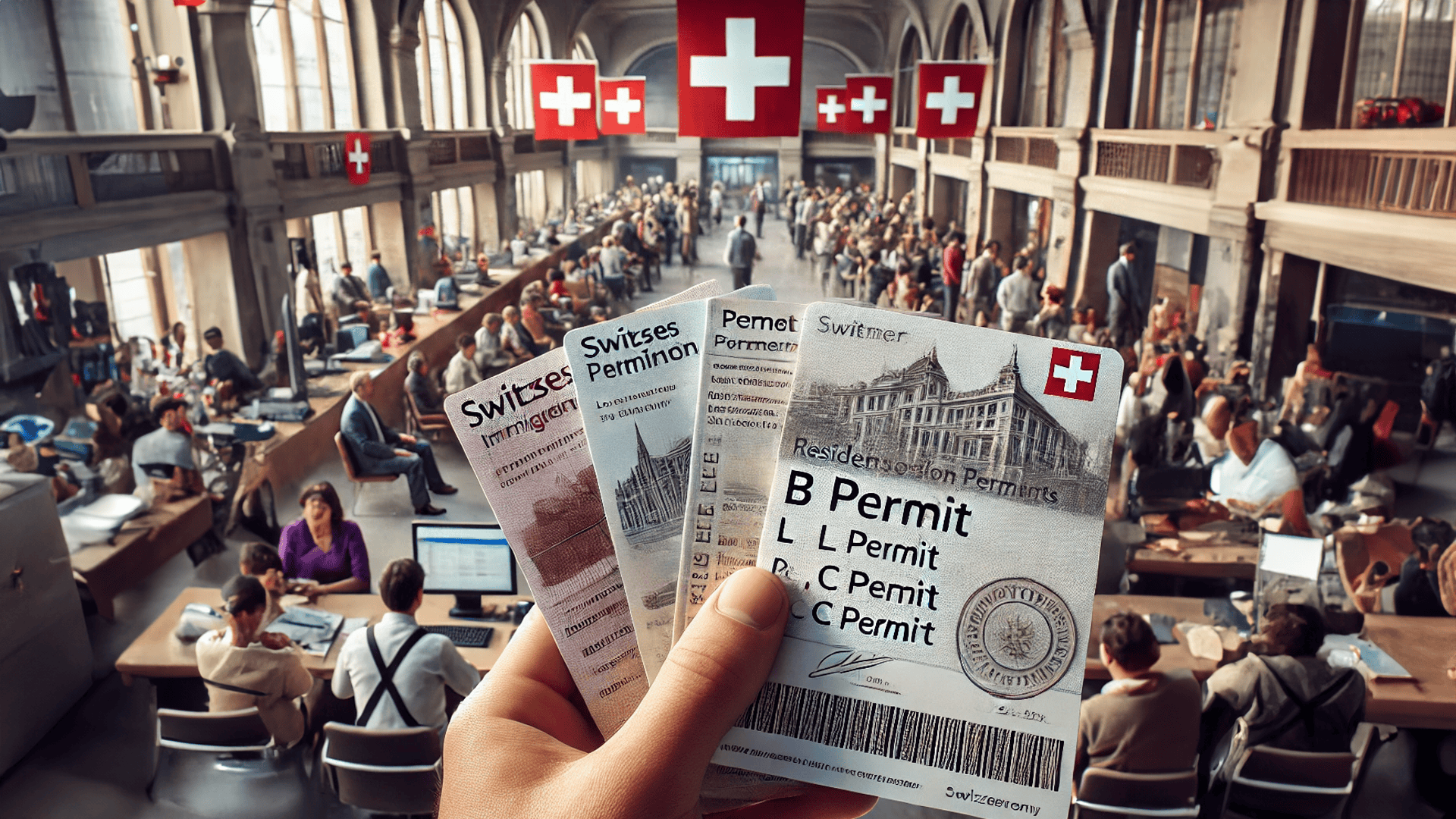- Key Features of Swiss Immigration
Switzerland, with its picturesque landscapes and robust economy, has a well-structured and selective immigration system designed to balance national interests with the need for skilled foreign labour. This article explores the crucial aspects of Swiss immigration policies, the types of residence permits available, and the integration processes that support a diverse society.
Key Features of Swiss Immigration
Quota System
Switzerland operates a quota system for immigration, setting annual limits on the number of foreign nationals who can enter the country. These quotas are influenced by economic conditions and the demand for foreign labour, reflecting Switzerland’s methodical approach to managing population growth and labour market needs.
Labour Market Needs
Central to Swiss immigration policy is the alignment with the nation’s labour market requirements. Immigrants are typically admitted if they possess job offers from Swiss employers who must first demonstrate that the position could not be filled by local citizens or residents. This policy underscores Switzerland’s strategy to attract only those workers who are directly needed, ensuring that immigration complements rather than competes with the local workforce.
Types of Permits
Switzerland offers various residence permits tailored to different employment situations:
– B Permit: Issued to foreign nationals with a job contract exceeding one year.
– L Permit: For individuals with shorter employment contracts of less than a year.
– C Permit: Granted to those who have resided in Switzerland for at least five years, offering more permanence and fewer restrictions.
Family Reunification
The policy extends to the family members of foreign workers, allowing spouses, children, and parents to obtain residence permits. This facet of the policy supports the social integration of immigrants by enabling family units to reside together, enhancing their adjustment to Swiss life.
Political Asylum
Switzerland also provides refuge to individuals fleeing persecution based on stringent criteria, emphasising its commitment to human rights.
Integration Initiatives
To facilitate the assimilation of foreigners, Switzerland has instituted several integration programs. These include mandatory language classes, civics courses, and job training, aiming to equip immigrants with the necessary skills to thrive in Swiss society. Integration requirements for permanent residence also involve proving language proficiency and economic participation (either through employment or self-employment).
The Impact of Immigration on Swiss Society
Switzerland hosts approximately 2.2 million foreigners, making up about 25% of its population. This significant immigrant community contributes to the country’s multicultural fabric. Historically, the majority of immigrants have come from neighboring countries like Italy, Germany, Portugal, France, and Spain. The presence of four official languages (Italian, German, French, and Romansh) in Switzerland not only enriches its cultural diversity but also eases the integration process for many Europeans.
Conclusion
Switzerland’s immigration system is a model of meticulous planning and regulation, aimed at ensuring that newcomers can contribute effectively to the economy and integrate smoothly into society. While the system is complex and demanding, it is designed to protect both the interests of the Swiss nation and those of the immigrants it welcomes. For the most current and detailed information, consulting resources such as the Swiss Federal Statistical Office or other reputable entities is recommended.
By maintaining strict control over immigration numbers and focusing on integration, Switzerland not only manages its demographic growth but also enriches its cultural landscape, proving that thoughtful immigration policy can lead to a harmonious and prosperous society.
If you would like to learn more about our services and solutions in Switzerland, please don’t hesitate to contact us at [email protected] or call us at +41 22 365 4620.

